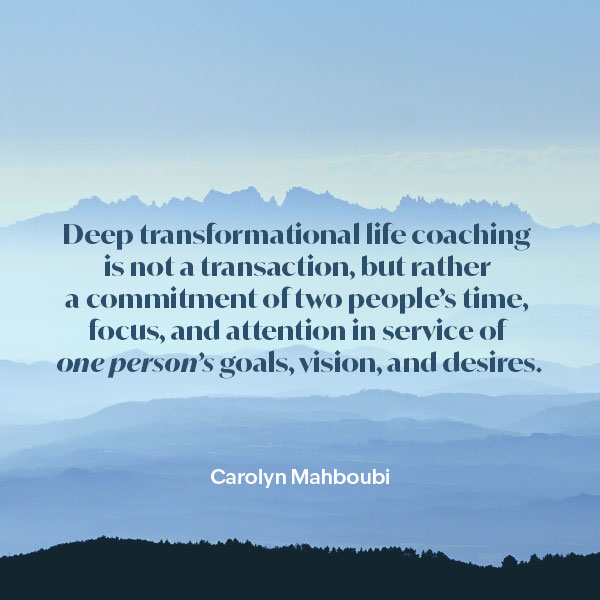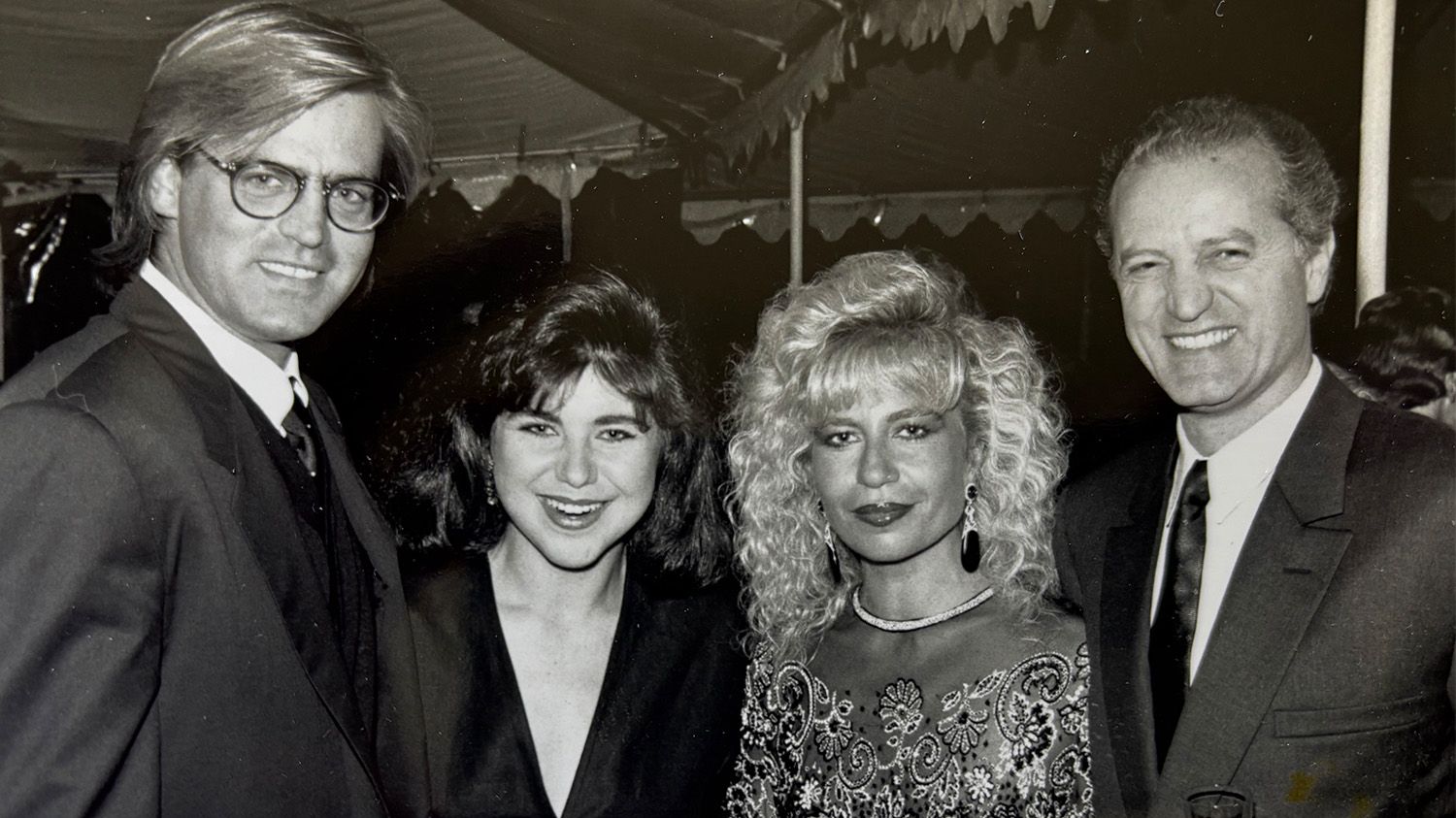Are You Making a Contract or a Covenant?

“I look forward to receiving a contract,”
My clients will often say.
My response is always the same and often surprising, if not downright confusing to them.
“I don’t do contracts.”
Deep transformational life coaching is not a transaction, but rather a commitment of two people’s time, focus, and attention in service of one person’s goals, vision, and desires.
High level and masterful coaching is not a formula or a prepared set of questions. It’s not a contract that keeps the coach or the client committed. And it sure as hell isn’t about hours and minutes and legal assurances!
It’s about impact, insights, and actions. It’s about co-creating a future that would not have existed if the decision to move forward together was not made by both people. And in the case of group coaching, by a number of people in unison.
My one on one coaching is bespoke, transformational, and life changing, and my fees are in line with the impact of this work. Most business people are dumbfounded by my decision to not ground my clients with a legal document. But what I do share with my clients is much more powerful than any contract could ever be.
It’s a covenant.
Rabbi Jonathen Sacks clarifies the difference:
“A contract is a transaction. A covenant is a relationship. Or, to put it slightly differently, a contract is about interests. A covenant is about identity. It is about you and me coming together to form an ‘us.’ That is why contracts benefit, but covenants transform.”
A singular coaching conversation is not a covenant but rather a mutual exploration of what it would look like to work together. Call it dating.
But to agree to commit six months or a longer period of my life to serve another human being and for them to dedicate themselves to this profound and at times difficult work requires an agreement that compels us to rise to a higher version of ourselves.

A transaction assumes that one party has something the other wants. But I don’t have anything my clients don’t already have. As a matter of fact, through the years, I now have the privilege to work with folks who inspire me as much as I inspire them. Most are more successful, educated, and accomplished than I am.
By replacing the contract with a covenant — which in my work looks like deep conversations, powerful agreements, and understanding the difference between intention and commitment before we make the mutual decision to move forward with coaching in earnest — my clients have an embodied understanding that I am their shoulder-to shoulder co-creator and together we transform who they are being, not just what they are doing.
A covenant allows the parties to dig deep for the gold that lies beyond hours, dollars, and tactics and can only be uncovered on the level of mindset, possibility, and identity.
So many of us are navigating the most important relationships of our lives — both personal and professional — from a contract mindset. We do this because we are deeply afraid that a covenant will erase our own identity and remove all the boundaries we’ve worked so hard to put in place. We are afraid we will be taken advantage of and end up looking like fools.
It’s true that a relationship by covenant carries some risk. But all things considered, it’s no more of a risk than conducting a relationship by contract. However, what a covenant requires in order to be a powerful foundation for a relationship is a higher level devotion of time, skill, and patience. This is where most of us come up short and settle for a contract-based relationship.
What are some areas and relationships in your life that you yearn to transform?
Ask yourself if your relationship with that person or thing is based on a contract or a covenant? The answer, if you’re totally honest with yourself, will let you know whether you’re on track to achieve your goal or just spinning on the same hamster wheel you’ll be on a year from now.
And if you’d like to share your answer with me, drop me an email.







